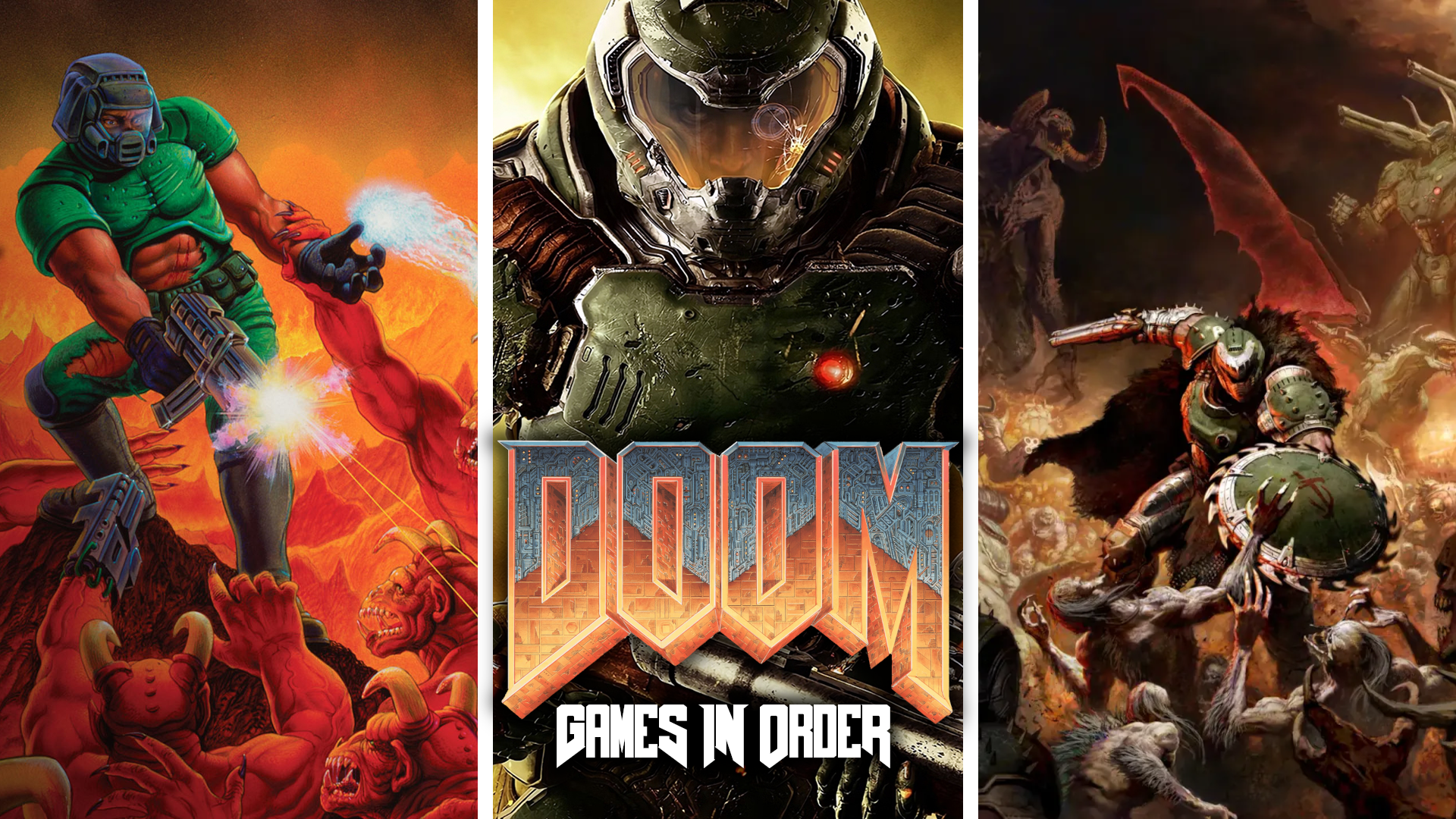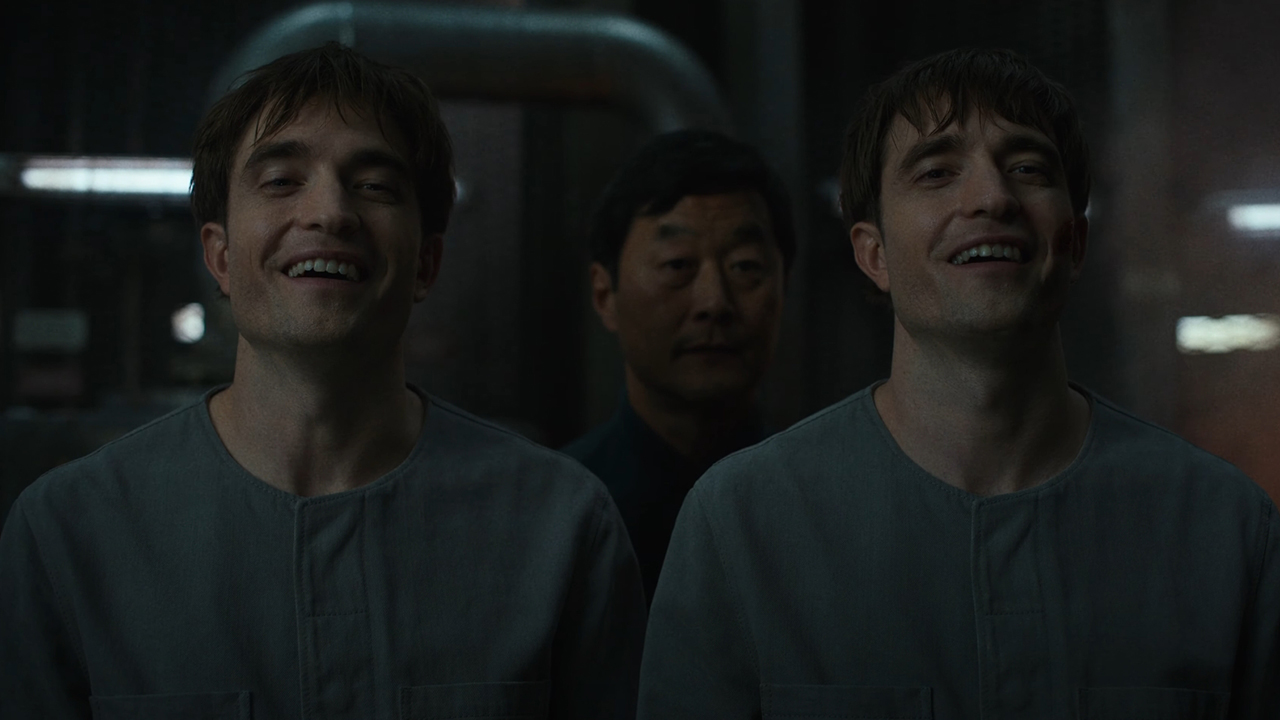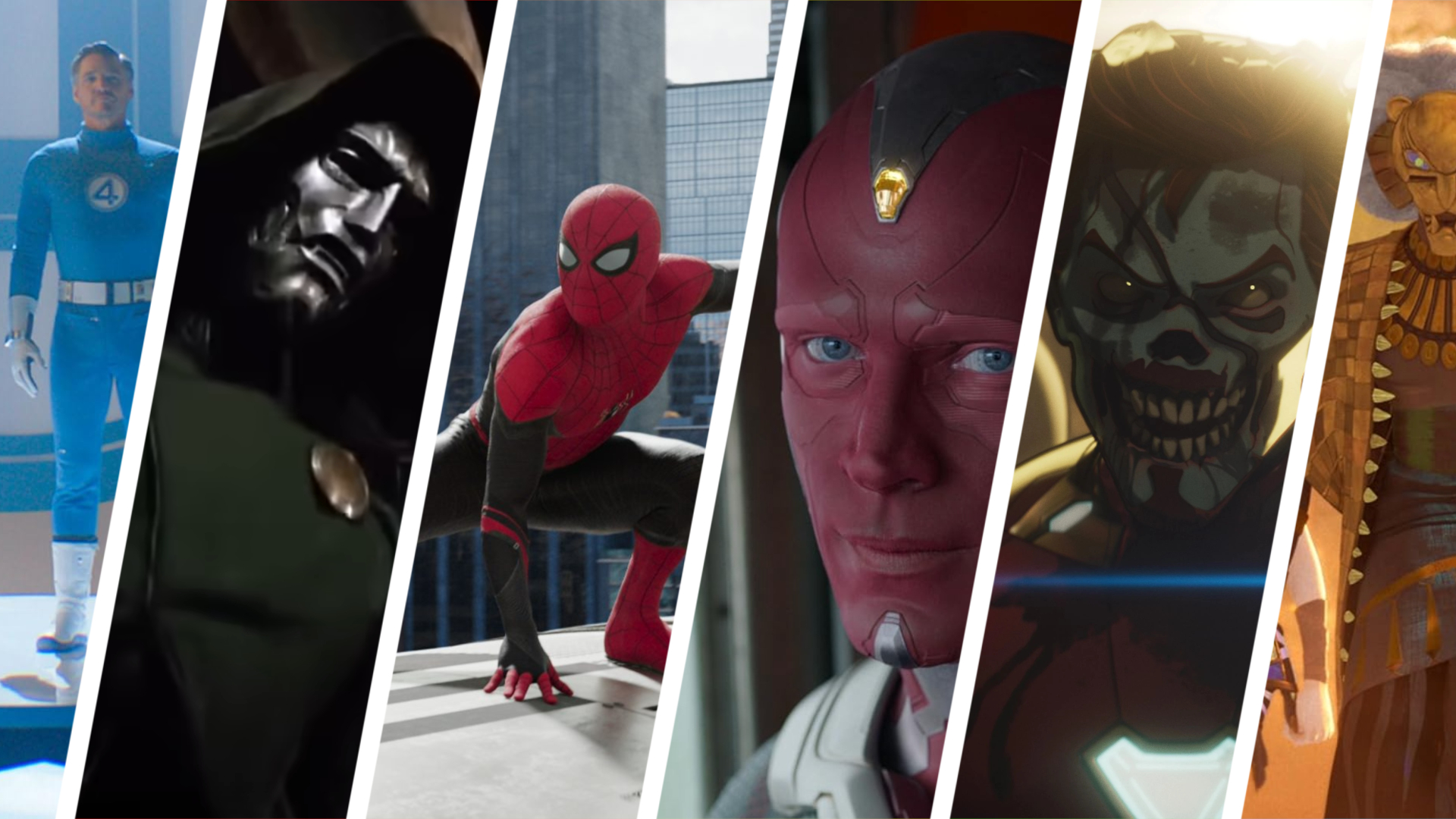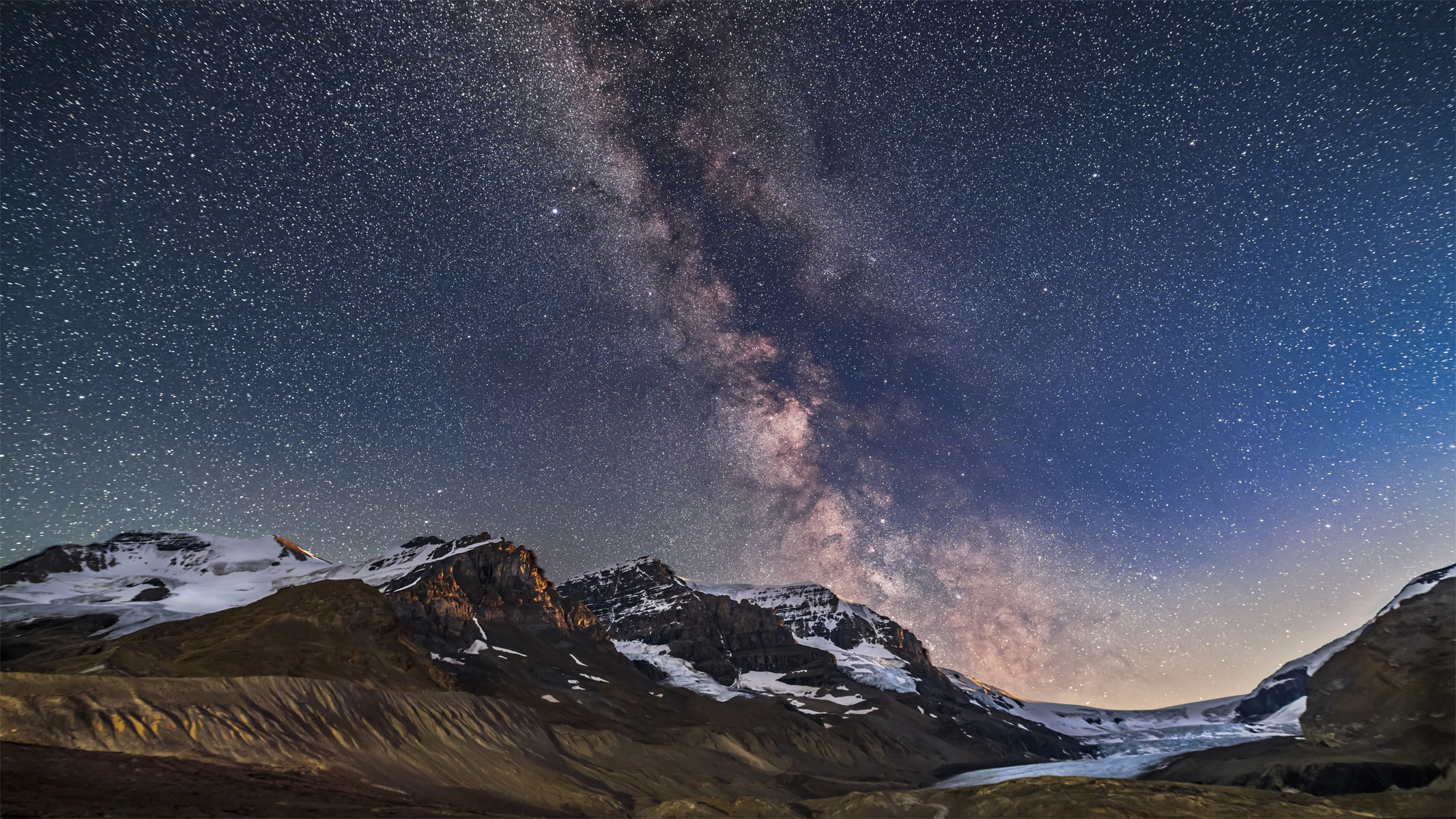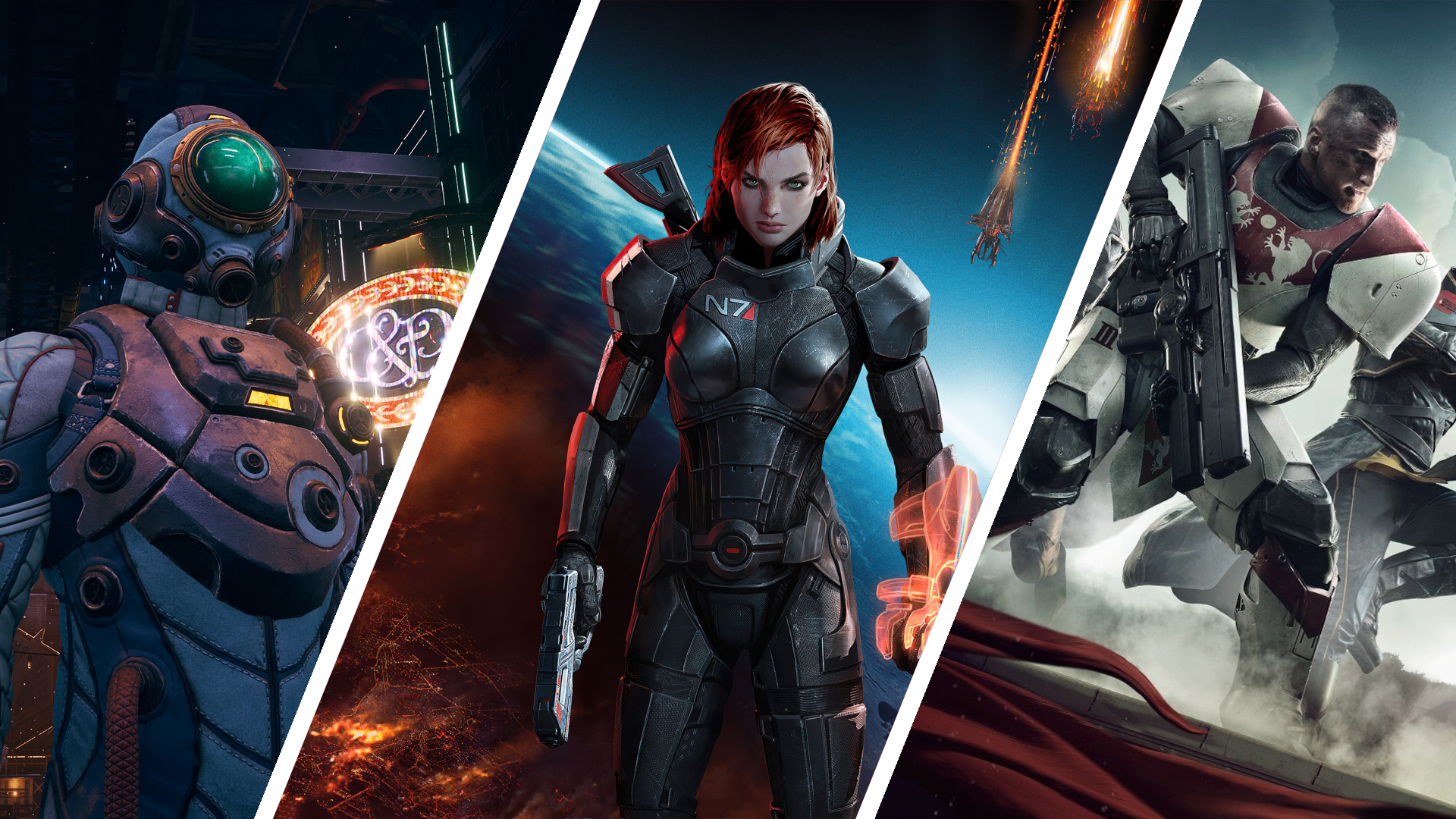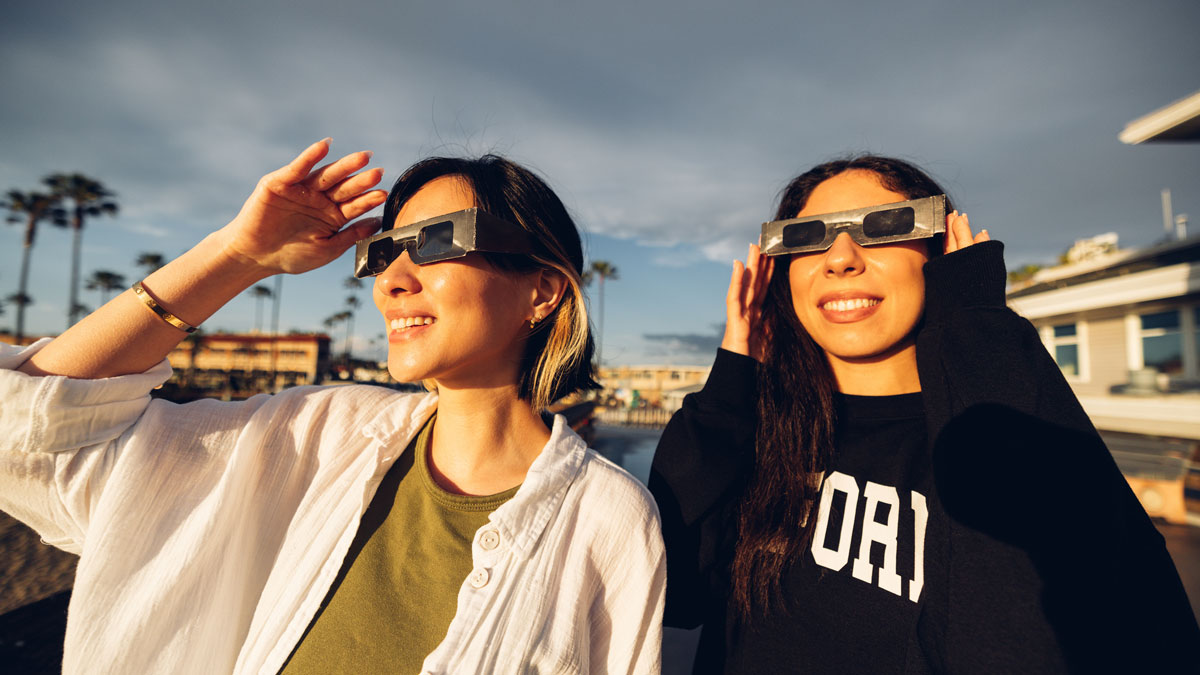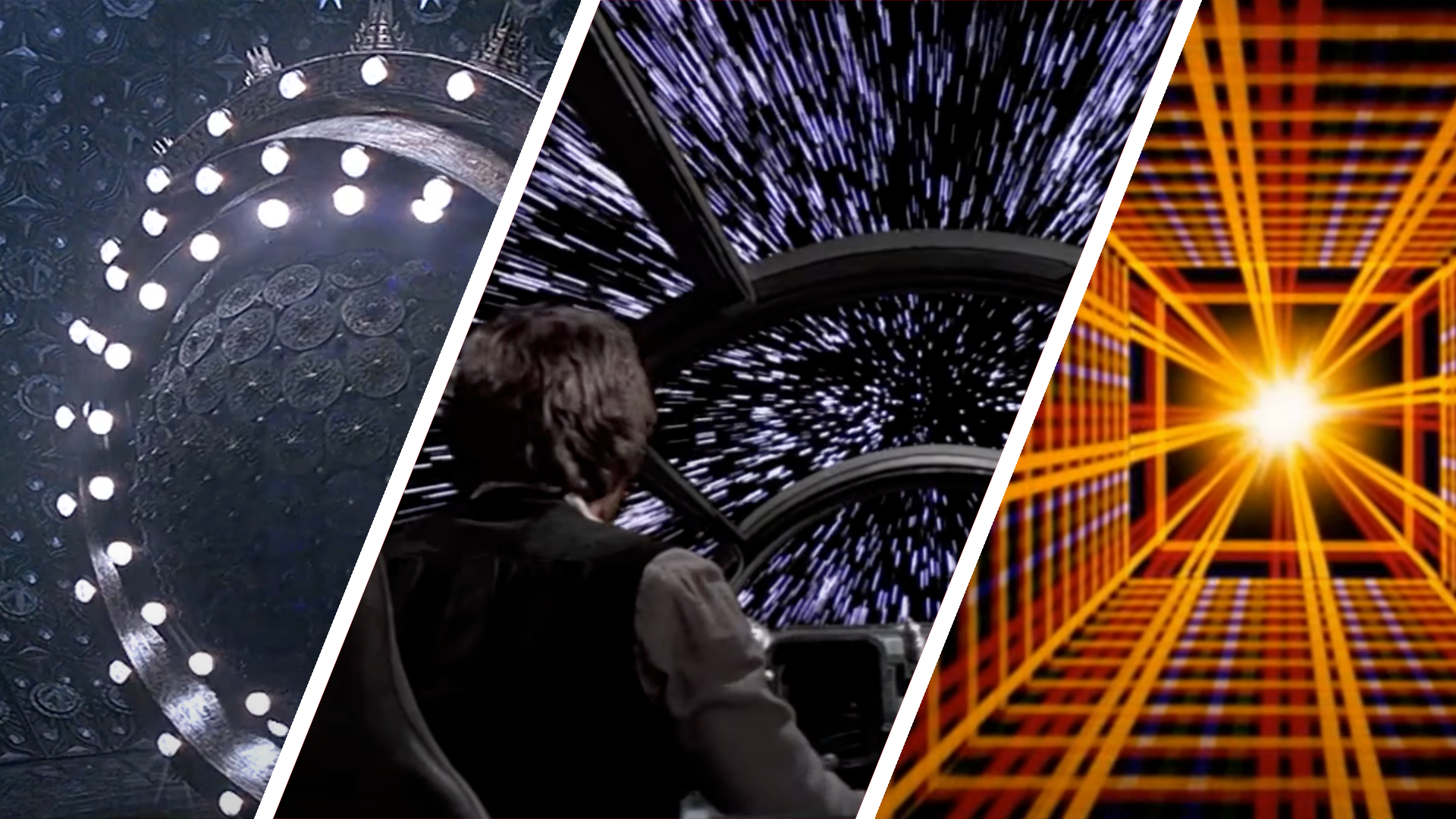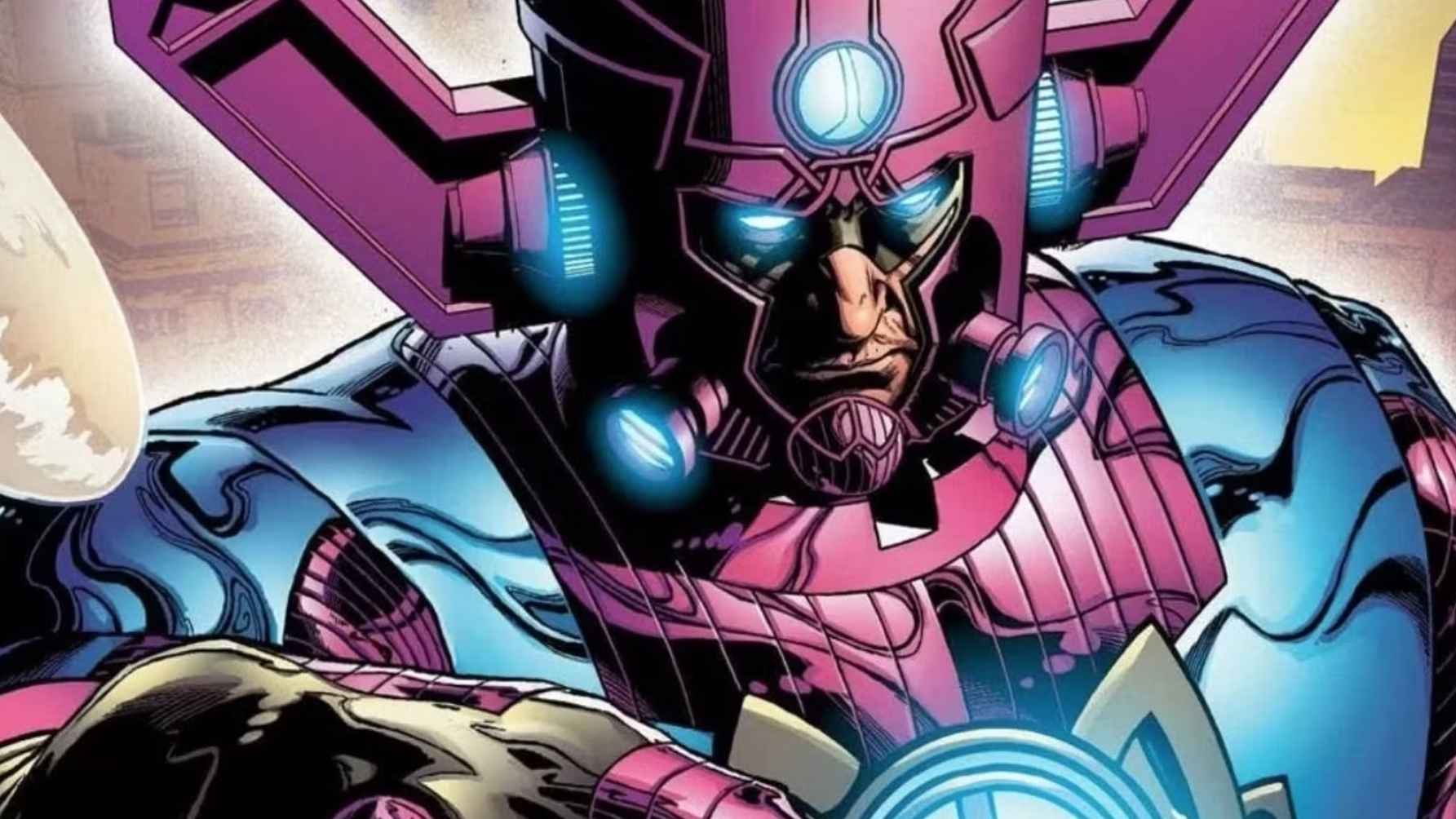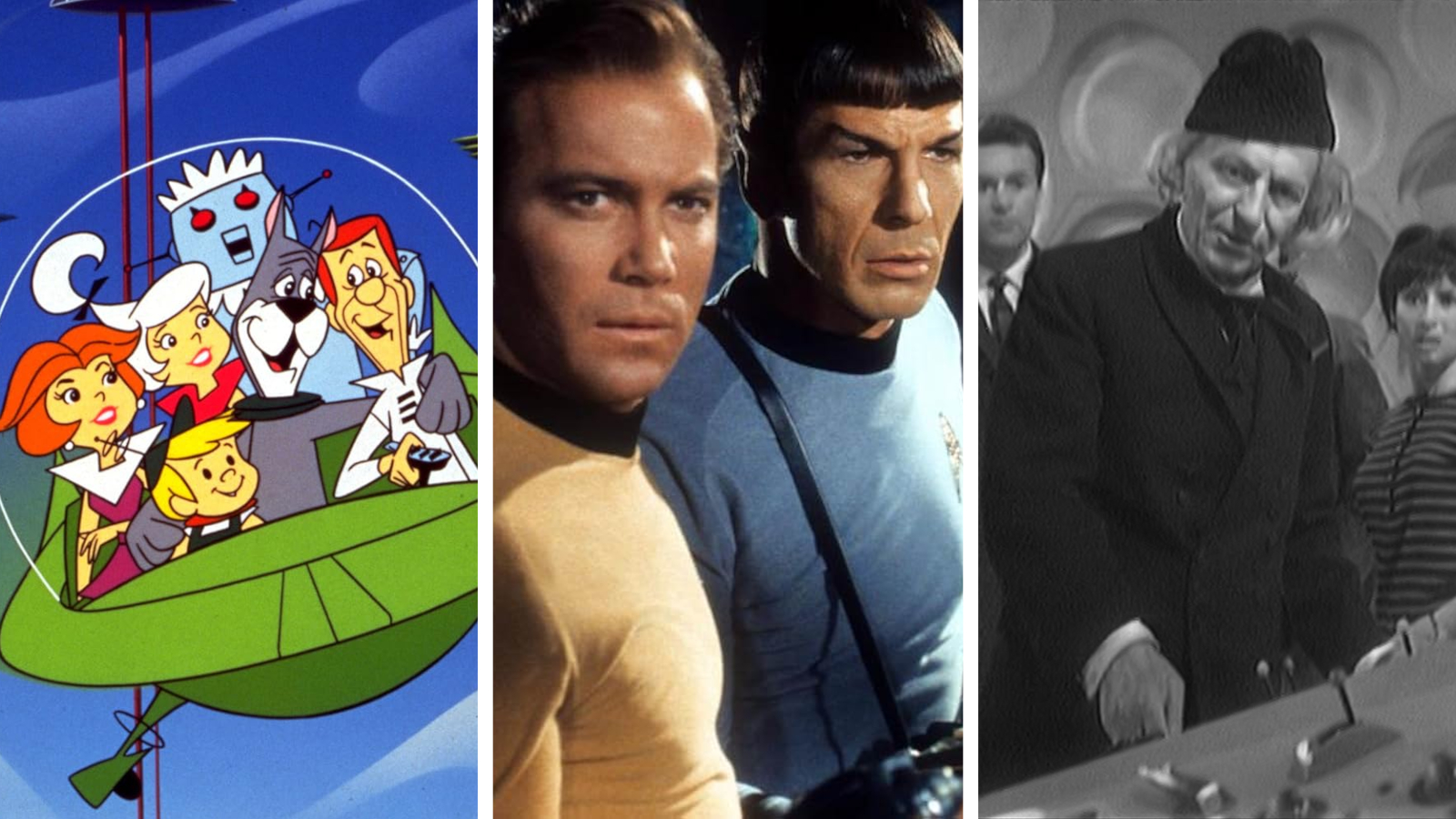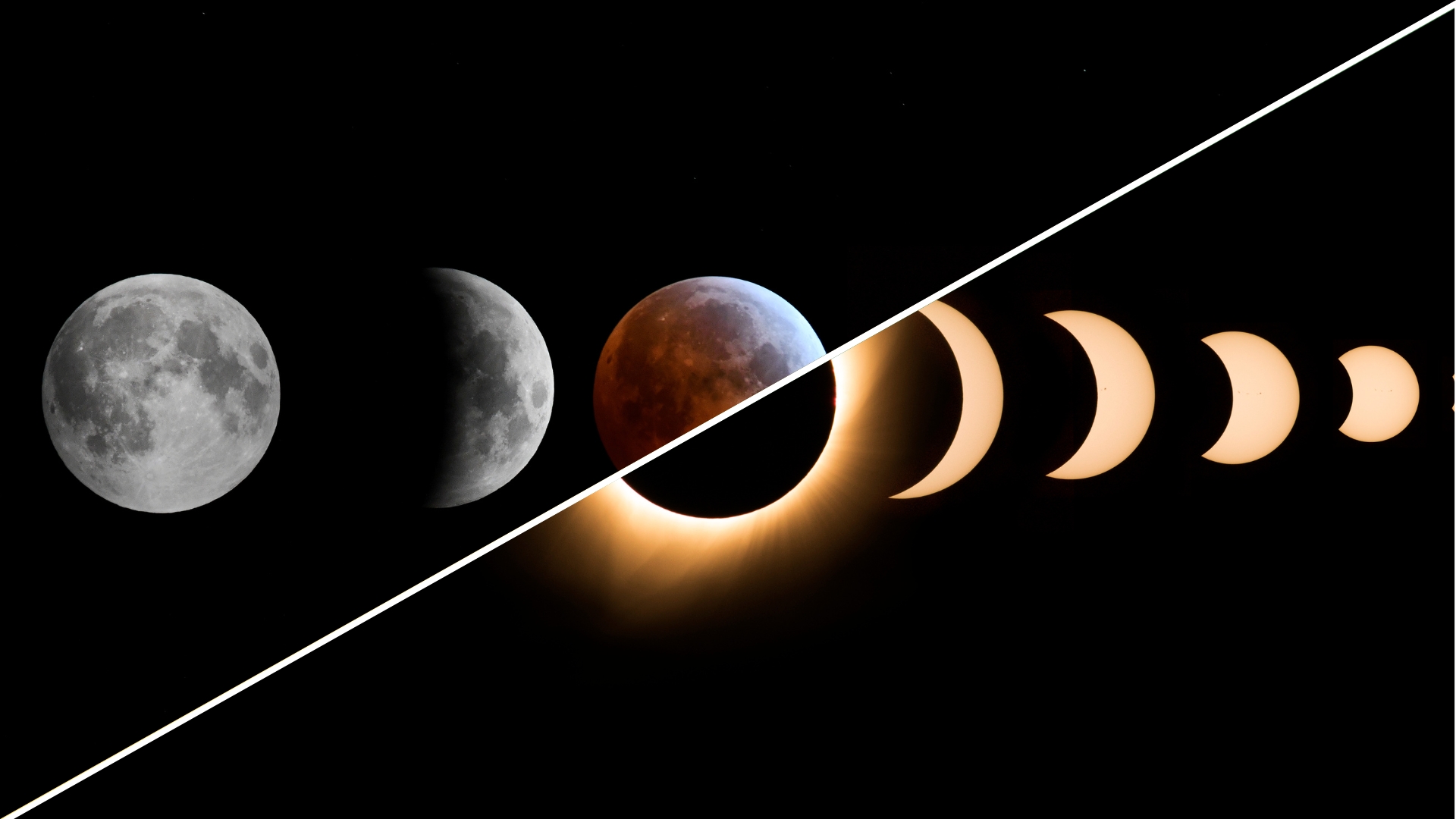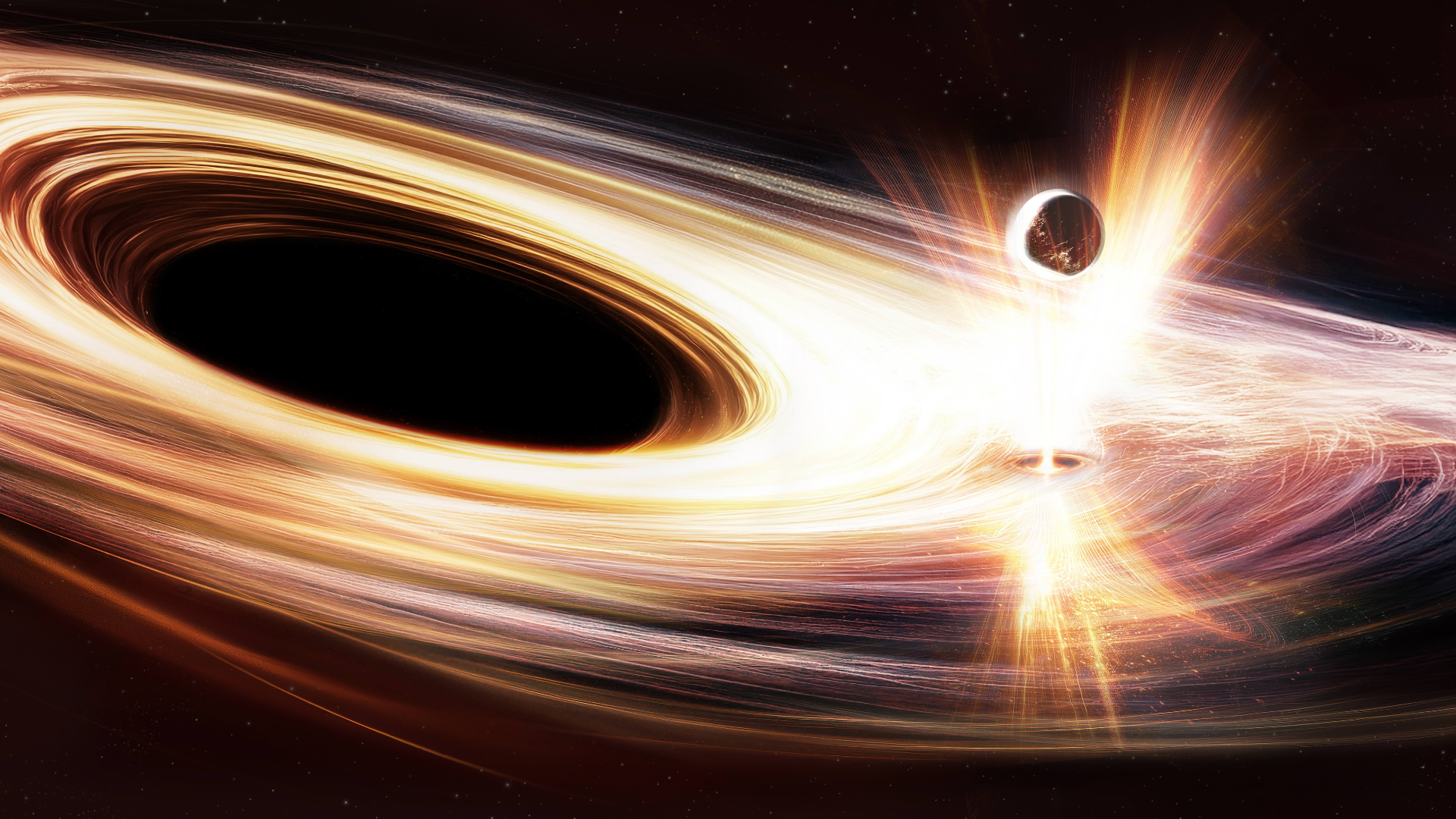How Guardians of the Galaxy Sent the MCU to Space
Here’s how Guardians of the Galaxy transformed the MCU by expanding the Marvel universe in a very literal way.
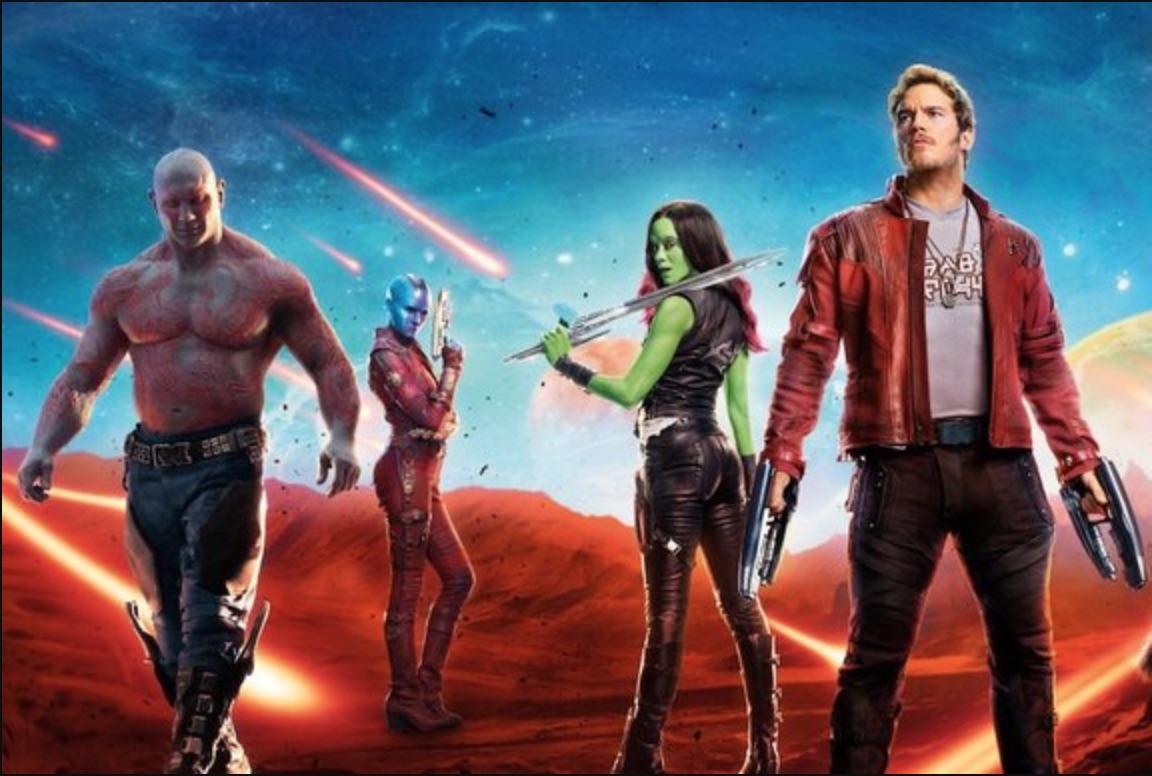
These days, the Marvel Cinematic Universe is awash with aliens, intergalactic travel and an entire multiverse for us to explore, but it wasn’t always that way. Cast your mind back to August 1, 2014. Barack Obama was entering the final three years of his presidency, Crazy Stupid Love was number one on the charts, and the MCU was about to release its most unique, exciting and different movie yet. It may not be the best space movie ever, but it changed Marvel forever.
It wasn’t just the now legendary soundtrack: "Guardians of the Galaxy" was an entirely different experience from what had come before. Despite having seen gods from Asgard, the bifrost, and aliens invading from other worlds in "Avengers Assemble", the MCU was still largely focused on this tiny little planet we call Earth. Yes, there were snippets of the wider universe in previous movies, but they hadn’t dared to set an entire movie in worlds we can only see through telescopes. And beyond.
if you want to see where Guardians of the Galaxy fits in with the rest of the MCU, check out our guide to watching the Marvel movies in chronological order.
Marvel’s final frontier
Guardians of the Galaxy’s tragic opening scene may have been set on Earth, but this was very much a departure from the third rock from the sun. For the first time it wasn’t Earth that was being saved. Earth was tucked away in bed, happily enjoying a rest as an entirely new planet, Xandar, faced complete extinction.
Completely new planets are introduced in this movie - and we get to see how different they are. Knowhere is a seedy hot bed of illegality and crime founded in the drifting skull of an ancient creature. Xandar is the home of high society, law and fairness. Venturing out beyond the stars gave us the opportunity to see other civilizations, hints at how they work and the conflicts they have with each other.
Underpinning this movie is the Kree war with the Nova Corps. We don’t get to explore it fully, but space isn’t just a setting. There’s a history, people fighting, peace treaties broken and families desperate to survive all-out war. It’s so much more than just a backdrop.
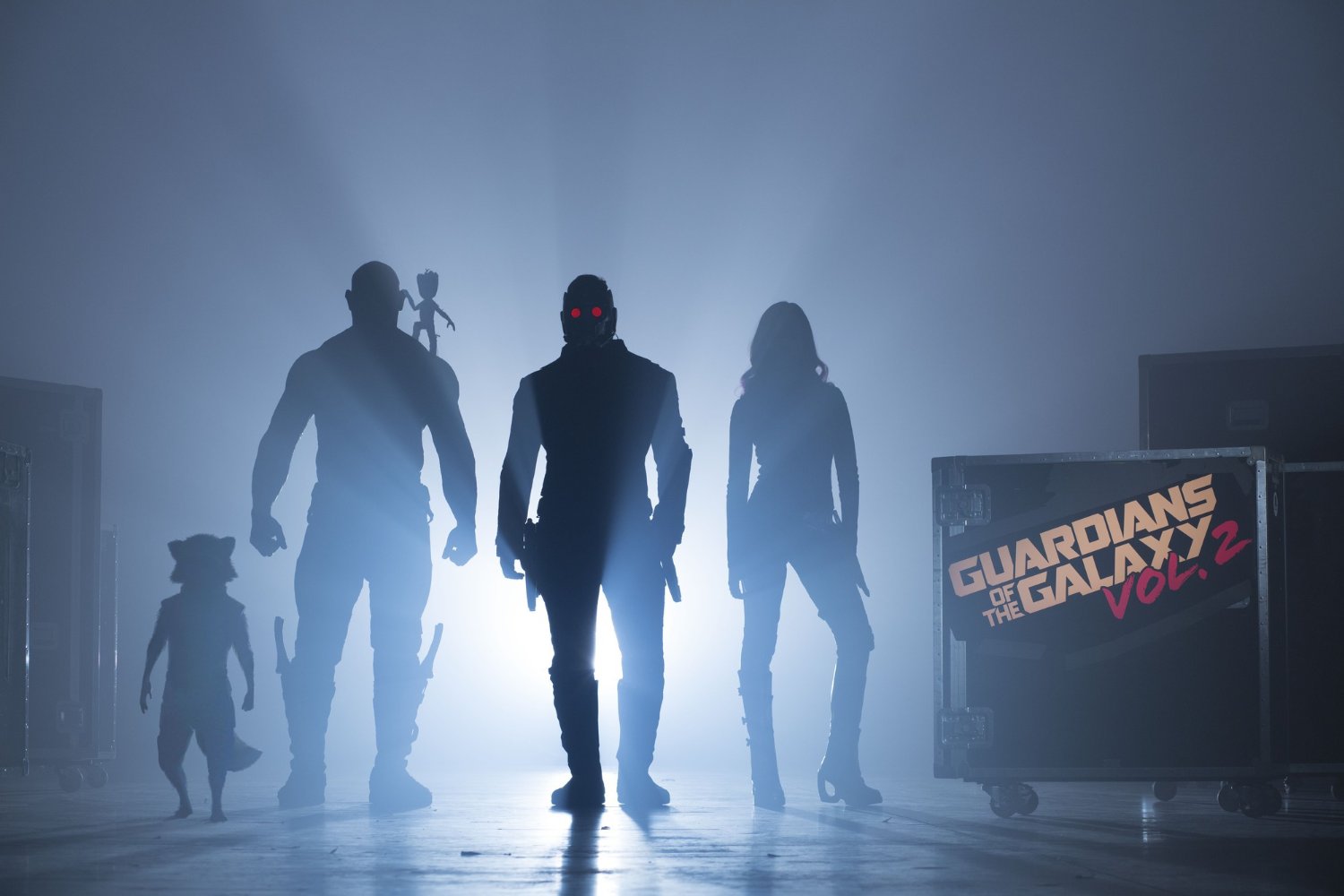
New aliens, new perspectives
At the center of this movie are the titular Guardians, and we can see from their make-up just how different "Guardians of the Galaxy" is from what came before. There’s a talking tree, a hyper-intelligent, sarcastic racoon, the daughter of the MCU’s biggest villain and the Kylosian brawler hell-bent on revenge. Oh, and one human.
Peter Quill, aka Star Lord, is our lead and arguably audience stand-in. Through him we explore this universe, hop from planet to planet, visit new cultures and prisons that we’d simply never seen before. Quill’s humanity is a rarity in the smorgasbord of alien species. In fact, he’s not even referred to as human, instead he’s continually called a ‘Terran’, usually when the Ravagers who kidnapped him from Earth discuss his past and their apparently kind gesture of not eating him.
This movie gives us a new perspective on our on-screen heroes, too. On Earth the Avengers looked special, while the Guardians are a rag-tag bunch of misfits. Sure, some have super strength or are more than your regular Elm or Oak, but they don’t stand out. They could blend into the background, unlike Thor or Captain America. Despite being in a universe filled with so many aliens, this was arguably the first MCU movie that gave us heroes we could really relate to. All it took was going to space for Marvel to make our heroes more like us.
We’re also introduced to the Kree for the first time, who went on to become a huge part of "Captain Marvel", played a significant role in three series of "Marvel’s Agents of SHIELD", are responsible for countless atrocities across the galaxy and helped Thanos in his quest for the Infinity stones. Their way of life, oppressive quasi-nationalistic attacks on other cultures, is fascinating to watch and weaves a darkness into Marvel films that grounds the series. Rather harrowing for a race that were introduced as side characters in this space-centric comedy.
Spaceships, oxygen helmets and arrows?
"Guardians of the Galaxy" introduced us to epic spaceships – like Ravager fleets and Ronan’s Kree battleship – along with Peter Quill’s mask. This all-singing mask can translate languages, regulate oxygen, change size and shape to suit the wearer, and it also allows Quill to analyze battles and improves his vision. In the comics, Quill originally had cybernetic implants instead of a simple, sleek and easy to use mask. How different things could have been with a cyborg Chris Pratt leading the Guardians.
Perhaps the best bit of space-age tech though is Yondu’s arrow. Not fired by a bow, this arrow sits in a holster until called upon by a sharp whistle from its owner, who has a red implant in his head to be able to control the arrow. This will then gleefully whizz around the battlefield to a chorus of whistles, taking down enemies before returning to Yondu’s holster. It’s not only incredibly cool to watch but hints at the widespread availability of cybernetic enhancements in this universe, which was something the MCU had never touched on before.
How this trip to space changed the future
After 2014, the MCU looked to the stars. It wasn’t just "Guardians of the Galaxy vol. 2", "Thor: Ragnorok" finally gave us an adventure with the Norse god no longer stuck on Earth. "Avengers Infinity War" and "Endgame" took in all the best sights the universe had to offer, with Thanos threatening the safety of all life, not just humanity.
Earth never stopped being the focus point, but after "Guardians of the Galaxy" it was no longer the center of the universe. Without "Guardians", the best Marvel movies wouldn’t have been so varied, full of life and had such epic scope. In short, we wouldn’t have the MCU that broke records and became such a phenomenon.
You can stream Guardians of the Galaxy and all the other MCU movies on Disney Plus, right now.
Join our Space Forums to keep talking space on the latest missions, night sky and more! And if you have a news tip, correction or comment, let us know at: community@space.com.
Get the Space.com Newsletter
Breaking space news, the latest updates on rocket launches, skywatching events and more!
